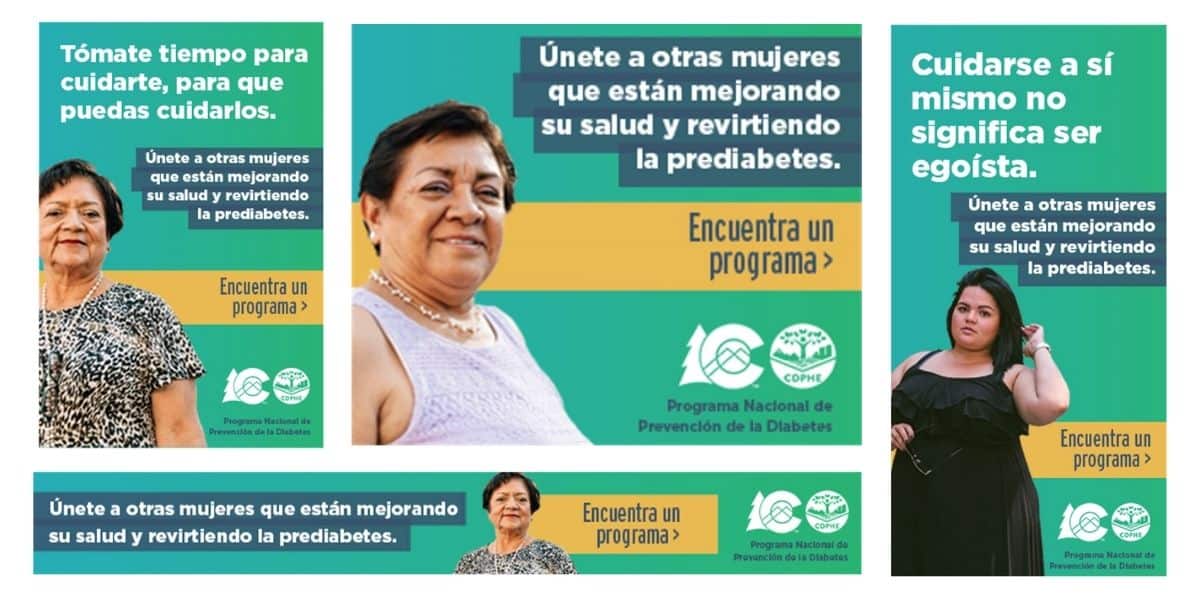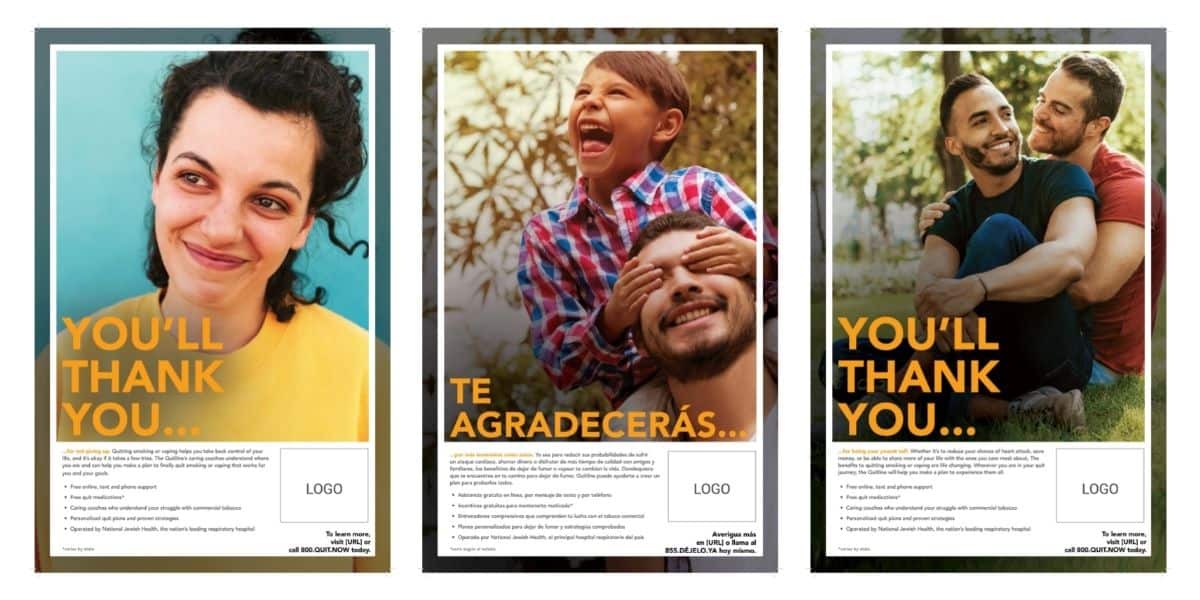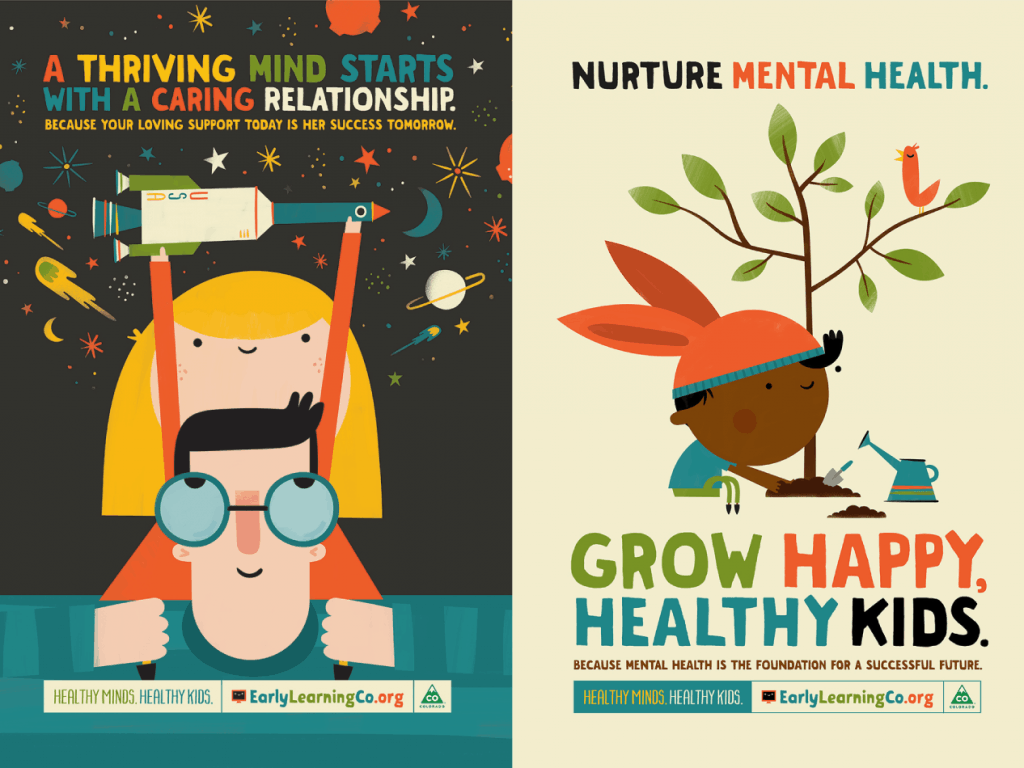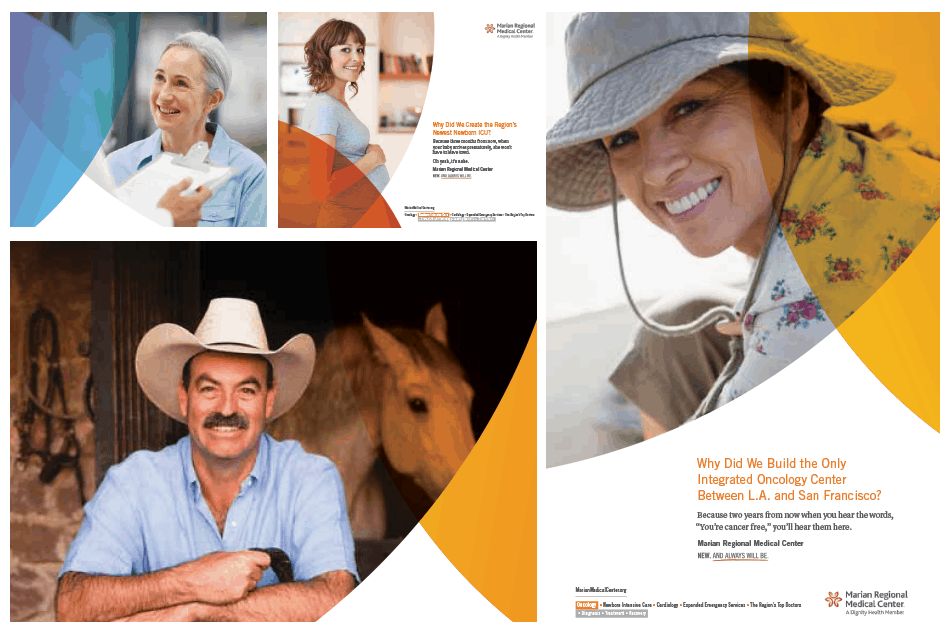Diversity, Equity, and Inclusion (DEI) isn’t just a trendy buzzword—it’s a critical driver of business success.
Yet, many companies today are backtracking on their commitments because of the current political climate.
This regression doesn’t just harm marginalized communities; it undercuts the very foundation of modern marketing strategies.
Let’s break this down: DEI delivers results. It builds trust, fosters loyalty, and creates genuine connections.
Ignoring it means leaving money—and humanity—on the table.
Define DEI with Clarity
Diversity means representing a mix of identities, backgrounds, and experiences.
Equity ensures everyone receives fair treatment, access, and opportunities.
Inclusion means creating spaces where all people feel valued and welcomed.
Together, these principles form a powerful framework that fuels innovation and growth.
However, DEI is more than policies and training sessions. It demands integration into every facet of a company, especially marketing.
When brands prioritize representation and equity, they connect with audiences who see themselves reflected in campaigns.
Use DEI to Build Emotional Connections
People crave connection. They want brands to understand their stories, struggles, and victories. Representation creates that bond.
For a young transgender individual, seeing someone like them in an ad isn’t just a marketing move—it’s a lifeline.
For a Black professional, spotting their identity celebrated in a campaign validates their experience.
When brands embrace DEI authentically, they build emotional connections that foster loyalty. This commitment translates directly to the bottom line. Inclusive marketing doesn’t just feel good—it works.
Back It Up with Results
DEI efforts boost revenue. McKinsey’s study on diversity in leadership found companies in the top quartile for racial and ethnic diversity outperform competitors by 36% in profitability. Firms with diverse teams generate more innovative ideas, appeal to broader markets, and maintain stronger reputations.
Take Procter & Gamble’s “The Talk,” a campaign addressing conversations Black parents have with their children about racism. It won accolades for its honest storytelling and drove consumer trust.
Representation creates relatability, which translates into consumer action.
Respond to Today’s Needs
In today’s fractured world, connection matters more than ever. Consumers demand authenticity and accountability.
Performative gestures—like slapping a rainbow logo on a product in June—no longer suffice. People want meaningful action. Brands must move beyond surface-level commitments and demonstrate real investment in DEI values.
Regression in DEI initiatives threatens to erode the progress made. Brands that retreat risk alienating vast segments of their audience.
Conversely, companies doubling down on DEI efforts stand out as leaders. They demonstrate courage, empathy, and a commitment to equity—traits that build unshakable loyalty.
Make DEI Your Marketing Advantage
Brands must integrate DEI into their core strategies. Start by listening to marginalized communities and amplifying their voices. Build campaigns rooted in authentic stories. Take actions that reflect your values. Measure your impact, refine your approach, and prioritize transparency.
The cost of ignoring DEI is far greater than the investment needed to embrace it. Companies that lean into inclusion reap the rewards of loyalty, innovation, and long-term growth. More importantly, they contribute to a world where everyone feels seen, valued, and respected.
So, let’s ask ourselves: What kind of impact do we want our marketing to make? Let’s ensure our brands are more than businesses. Let’s make them forces for equity and connection—because when DEI wins, everyone wins.

About the Author:
RJ Johnson (they/them) is a trans behavior change marketer. They create fun, engaging, and strategic content. With over seven years of experience in marketing, communications, and content management, they have touched just about every aspect of the field. RJ is a lifelong learner with an M.B.A. from the University of Colorado, Denver, and a B.F.A. in Creative Writing from Stephens College. RJ is a content strategist at SE2, a behavior change marketing agency, previously worked in the health insurance sector, and is passionate about aiding in the fight for equal opportunities and advocacy. They approach everything from a lens of intersectionality and community.





